Biden signed the infrastructure package, which passed the Senate and the House of Representatives as a result of months of negotiations, at the ceremony held at the White House. The signing ceremony of the infrastructure package came at a time when inflation in the US reached a 31-year high and political support for Biden waned.
In his speech at the ceremony, Biden said, "We talked for a long time about having the largest economy in the world. We talked about proving American leadership with the best and safest roads, railroads, ports and airports all over the world. We heard many speeches, words and expert opinions. But today we finally succeeded. My message to the American people is that America is on the move again. Your life will change for the better." said.
Stating that they focused on the work they wanted to do with the passed law, Biden noted that they were using democracy for the people by signing this law. Biden said he is confident that the House of Representatives and the Senate will also pass the $1.75 trillion social spending package.
The ceremony was attended by US Vice President Kamala Harris, US House of Representatives Speaker Nancy Pelosi, US Senate Majority Leader Chuck Schumer, Democratic Senator Krysten Cinema, Republican Senator Rob Portman, as well as many politicians and guests from both parties.
The infrastructure package, announced by Biden at the end of March, was first approved in the US Senate in August and in the US House of Representatives in early November, after long negotiations. Within the scope of the infrastructure package, it is planned to spend approximately 1 trillion dollars in 8 years. In the package, in which 550 billion dollars are allocated for new infrastructure investments, it is foreseen that the most budget in the transportation item will be transferred to road and bridge projects with 110 billion dollars.
The package includes $73 billion for electricity grids, $66 billion for railroads, $65 billion for broadband internet access expansion, $55 billion for water infrastructure, $50 billion for environmental projects, $39 billion for public transportation and 25 billion dollars for airport projects. billions of dollars are allocated. While some economists state that the infrastructure package could boost productivity and economic growth in the long run, the Congressional Budget Office estimates that the package will increase the federal budget deficit by $256 billion over 10 years.


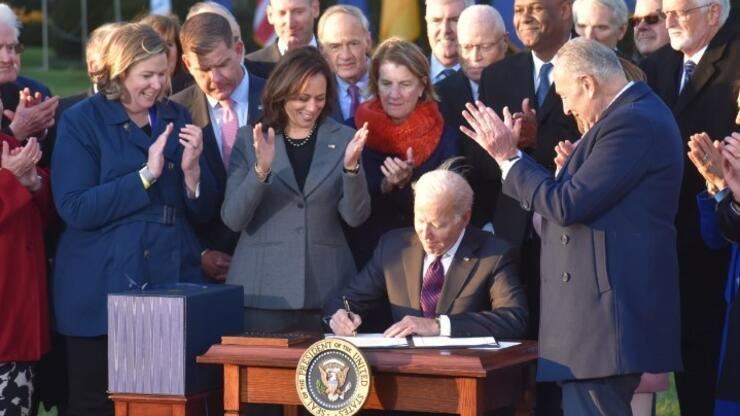


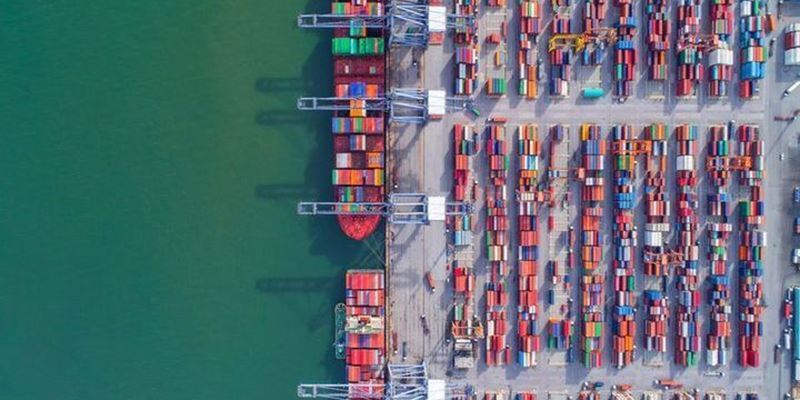
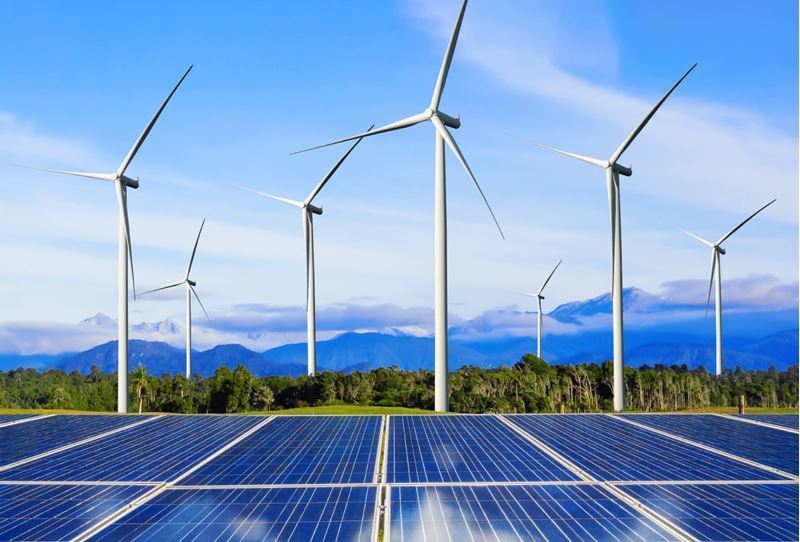
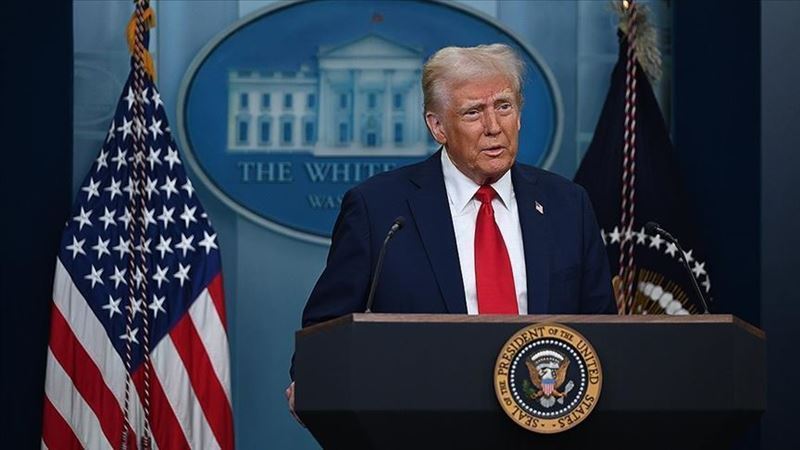
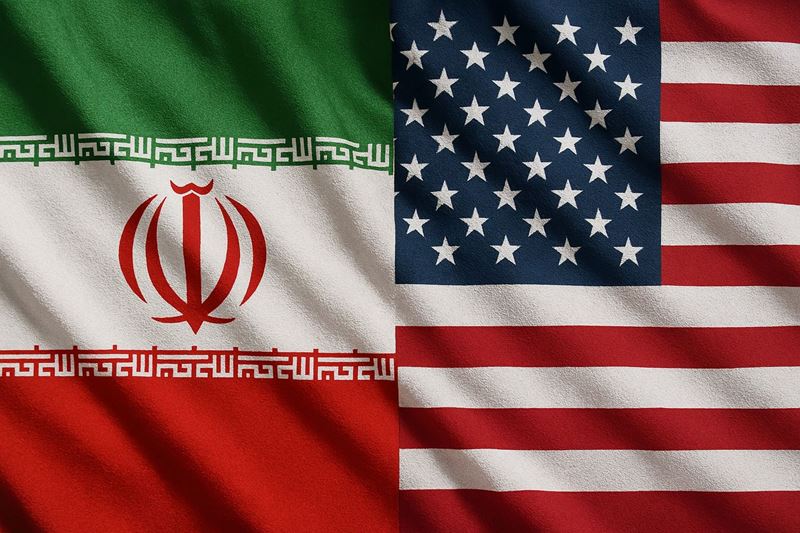


Comments
No comment yet.